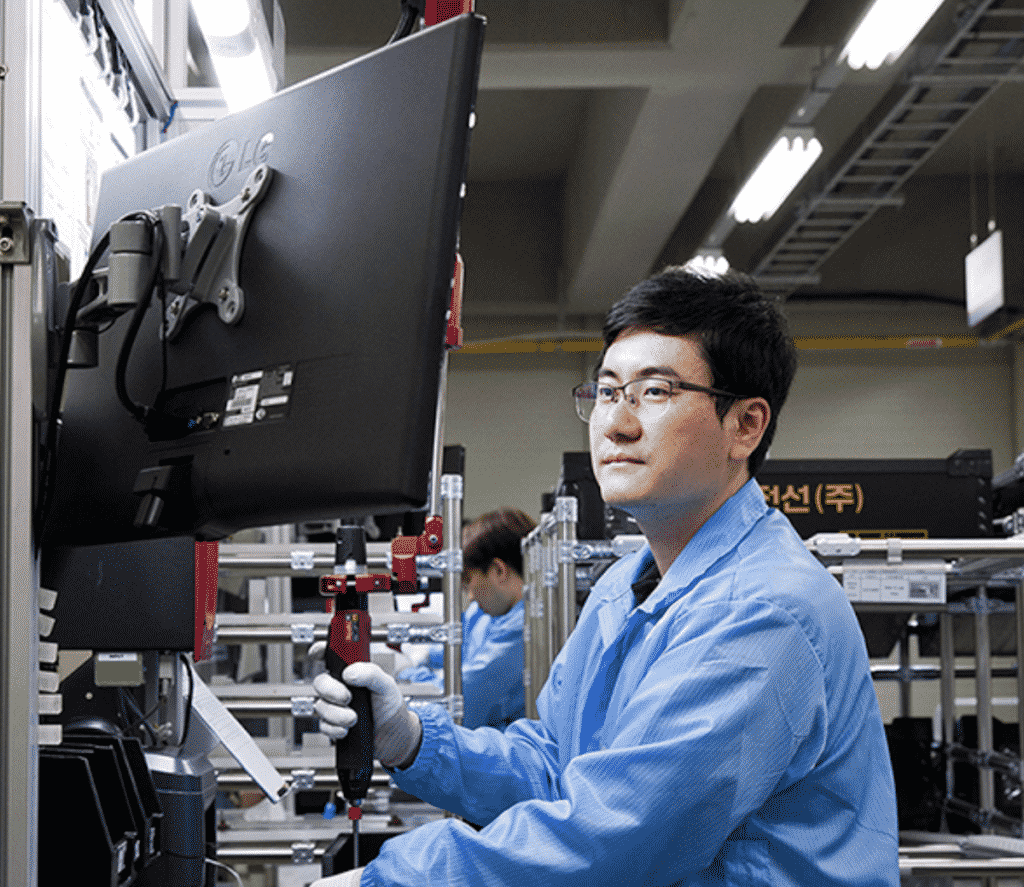Commitments are ramping up from companies around that world, as they try to meet customer demands and expectations of sustainability, changing business models and plans for corporations in a major way. Automotive companies in particular are feeling mounting pressure to make massive changes and to develop more sustainable energy solutions amongst other environmental initiatives.
“Electric vehicles having a breakthrough in the market is an understatement,” says Van Conway, President of The Young Conway Group (www.theyoungconwaygroup.com), a minority-owned, boutique financial advisory and consultancy firm in Detroit. “Especially in light of this being the biggest transition in the auto industry since the early 1900s when Henry Ford brought the Model T to market.”
As the move to electric vehicles and alternative powertrains happens at a much more rapid pace than global expectations, many companies are struggling to make such quick pivots. The evolution for many traditional auto suppliers has unfortunately brought concerns of bankruptcies for those unable to make such swift changes.
“Hands down, this is the biggest industrial transformation in the history of capitalism, let alone the auto industry,” says Conway. “Cost outlays to ramp up for EV productions, along with the necessary training and hiring of employees familiar with the new technologies have made the transition expensive. And if makers of mufflers, fuel injection systems, and other parts cannot seamlessly and quickly transition to offering EV-related goods or parts, these auto suppliers face a significant likelihood of layoffs and potential permanent job loss if they go out of business.”
Decisions over how capital is allocated and how quickly business strategies pivot have become integral to the survival of a great deal of suppliers in modern times. Old-line auto manufacturers face a stiff learning curve. General Motors, for example, recalled its Bolt electric hatchback last year because of manufacturer risks and concerns. Undoubtedly, electric vehicles are a huge value add for the environment, but nonetheless still pose a huge threat to auto suppliers that are slow to change or cannot make the necessary changes. Midwestern suppliers are especially vulnerable since a majority of the new battery and EV factories are located in the Southern US.
“The bottom line is that carmakers and auto suppliers that are slow to offer EVs or related goods face a rough road ahead,” adds Conway.

